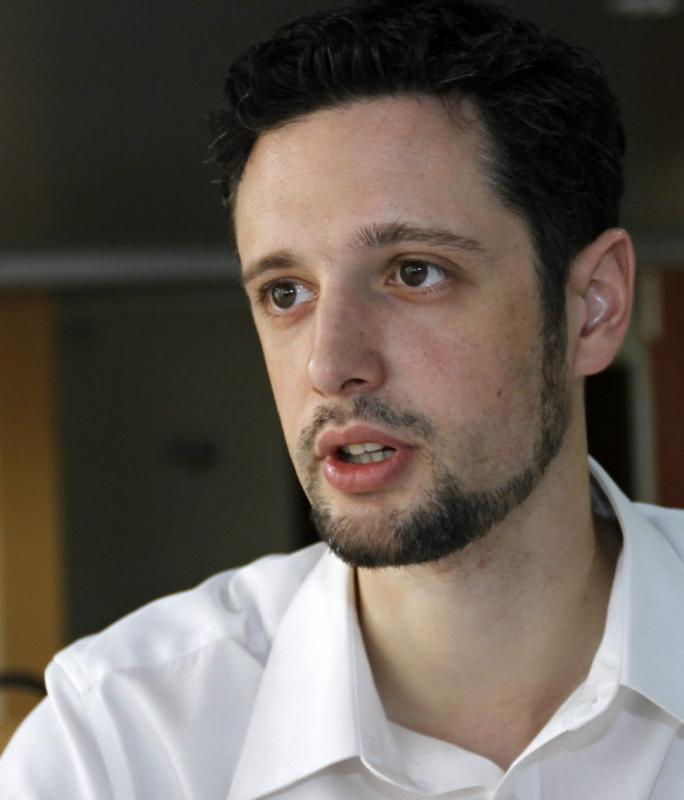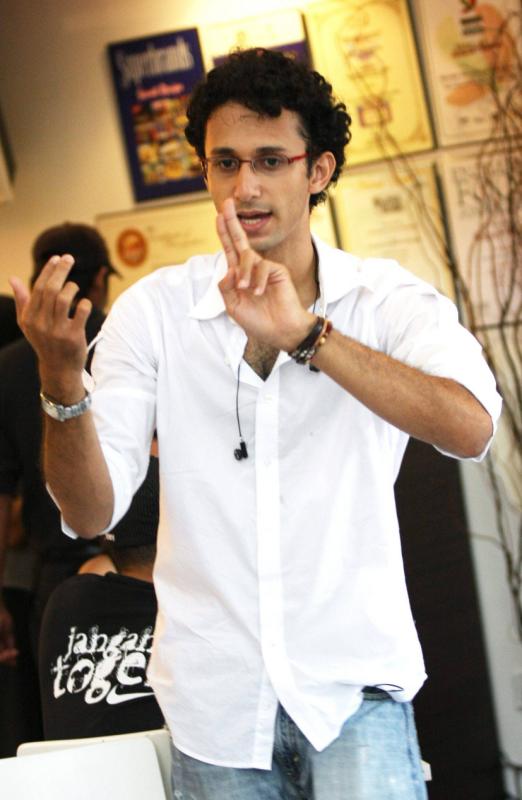By CHRISTINE CHEAH
alltherage@thestar.com.my
We all know that social initiatives – community projects, social enterprises, non-profit organisations, charities, etc. – are all the rage among young Malaysians right now.
From the Genovasi Challenge to DiGi’s Challenge for Change, competitions offering grants to these social initiatives seem to be popping up all over the place.
Just recently, a project to “reclaim” back alleys as communal spaces won an RM100,000 cash prize from the Genovasi Challenge.
But just how many of these initiatives end up going the distance? Are too many young Malaysians jumping on the bandwagon without first counting the cost? What are some of the potential pitfalls that budding social entrepreneurs need to look out for?
R.AGE spoke to some of the leading social entrepreneurs in the country to see what they had to say:
Christopher Tock
Co-founder of Social Grooves and EYE Project
“myHarapan (an NGO that gives out grants for youth initiatives) receives hundreds of proposal each year, and a survey we did for them showed that 75% of those proposals were on social and community development. But very few are sustainable, and that’s why there’s no funding. Thanks to social media, people get to share ideas from Europe or the United States, and it sounds sexy, getting to save the world and make a living out of it.
“But a lot of these young people are not prepared – they don’t have any corporate and business experience, and they don’t attend any of these talks and seminars that are now available. We run several series on social entrepreneurship, but very few students attend. The many competitions like Genovasi Challenge will hopefully help create a deeper interest over time.”
Kal Joffres
Chief Operating Officer of Tandem Fund
“Social entrepreneurship is still its infancy in Malaysia. As with all ventures, there will be more failures than successes. But i think it will grow even more. For now, social entrepreneurship is just like the tip of the iceberg. The awareness is still not that high in the mainstream. People know about it but they don’t think about it seriously and we haven’t seen a success case yet. Once we see a success case, more people will jump in and say we can do that as well.
“But it’s important to remember that with social entrepreneurship, you don’t just lose funds when the project gets abandoned – you affect the people you are try to help as well. With every enterprise that promises to help them and then doesn’t follow through, they start to develop a fatigue and lose hope.”
John-Son Oei
Co-founder of EPIC Homes
“Making an impact has become a trend. Young people these days want to find a greater purpose in life apart from making money, and social entrepreneurship solves problems that old-school charities couldn’t solve, especially sustainable funding. And then, hey, this new thing called social entrepreneurship sees sustainable businesses that drives the human race forward at the same time, which is good!
“But an important point is that people have to develop the mindset of the value in their businesses. That is, the priority in social enterprises is still the social impact and not the business part of things.”
Zain HD
Co-founder of Random Alphabets
“Young people are ambitious, but they are hot-headed too. That’s why with volunteer activities, young people can be all hyped up about it one minute, and suddenly not bothered about it the next.
“Youth are aware of social causes, but not all of them would get involved in a cause. If they do, the only reason is that they want to be hip and trendy so they can stand out from the rest. Many jump onto the bandwagon to show people in Malaysia and elsewhere, that cool things do happen here and not just abroad – and the same goes with the existence of Random Alphabets.”
Lew Pik-Svonn
Founder of Chow Kit Kita
“Social entrepreneurship will reach young people because it’s a trend. But that’s not a bad thing, as long as the issues are properly highlighted to the public. However, the big question is whether they will take the next step in pursuing those issues.
“Many social entrepreneurs end up focusing too much on the money, and forget the importance of the cause. I think it is important to establish the intention of the initiative first. Do lots of research, analyse your approach, and then draft out a financial plan.”
Dr. Hartini Zainudin
Founder of Yayasan Chow Kit
“The biggest irresponsibility is starting something and not finishing it – especially when they are dealing with people that are less fortunate, or even animals. The people that you are helping are in need of more help than you and if you leave them, how will they be inspired to change their attitude and learn to help themselves?”







Tell us what you think!